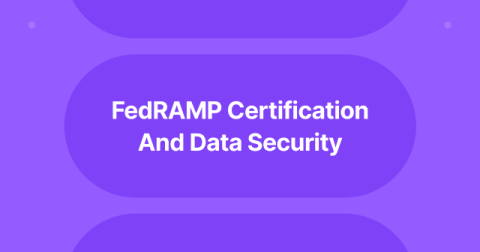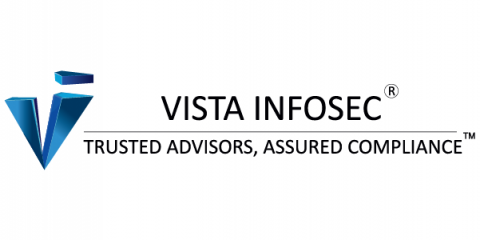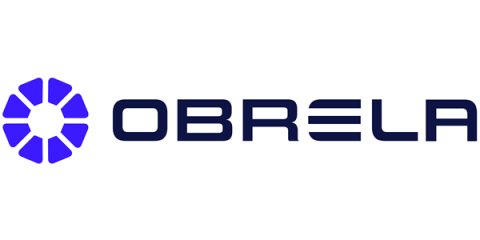Featured Post
Building a Modern Identity Capability to Tackle DORA
Hackers are quickly taking advantage of every vulnerability in an organisation's armoury, particularly exploiting poorly managed identities. An organisation might have the strongest firewalls, encryption, anti-malware, vulnerability scanners, and risk management tools in the world, but if identities are not managed securely, this still leaves one critical gap in its cybersecurity arsenal.











